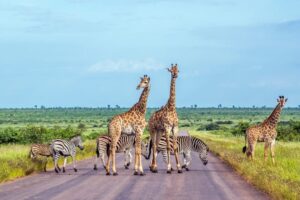Namibia
Namibia, a large country in Southern Africa, is home to an array of fascinating wildlife and stunning landscapes, making it an ideal destination for adventure lovers to explore. The environment can be difficult to navigate, due to the arid deserts and rugged terrain, but it’s well worth the effort.
Make an online bookingTravel Health Information
Highly recommended
vaccinations for travelling here
Advisory
vaccinations for travelling here
Infections and Outbreaks frequently change from country to country and by attending our clinics you will be given the most up to date clinical and safety advice from our team of specialists. Our advice to you often includes aspects such as:
- Food and water hygiene
- Insect and animal bite avoidances
- Personal safety
- Sexually transmitted infections
- Sun protection
- Altitude sickness
Yellow fever certification is required if arriving from a country with high risk of yellow fever.
It is important before travelling to ensure you are up to date with childhood immunisations such as measles, mumps and rubella.
Consult with your local CityDoc travel expert to tailor your vaccine requirements based on your medical history, previous vaccinations and travels as well as your itinerary.
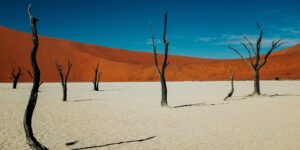
Your nearest CityDoc clinic
Find a clinic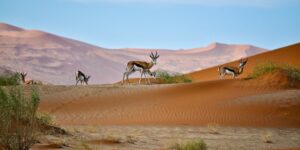
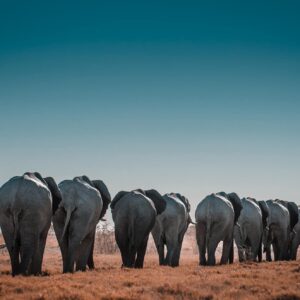
Destination Information for Namibia
There are few towns and cities, as there is a very low population, despite the size of the country. But the ones that are present have a distinctly German feel to them, such as the capital, Windhoek. Namibia was formerly a colony of Germany, and although it has been an independent country since 1990, many people still speak German. Windhoek is proud of its German heritage and still celebrates with its legendary Oktoberfest tradition.
Head to the famous Etosha National Park in the North of the country, which attracts many animals including desert lions and elephants due to being the only natural source of water for miles around. Near to the border with South Africa is Fish River Canyon, one of the largest canyons in the world and a sight you’ll remember forever.
If you’re going for the wildlife, the best time of year is from May to October, but avoid the summer months in coastal areas due to the prevalent sandstorms. Namibia is a well-developed country, and although it’s a long way between places, the roads are good. Public transport is limited, but hire a car and you can explore all the wonders Namibia has to offer!
As you embark on your exploration of beautiful Namibia, you should consider the recommended travel vaccinations Hepatitis A, Typhoid and Tetanus. Other risk factors such as cholera, Rabies and Hepatitis B need to be taken into consideration too. If you book a consultation with one of our specialist team of nurses, they will identify the appropriate vaccinations for your trip. There is also a risk of malaria in Namibia, so they can suggest antimalarials that will significantly lower your chances of infection.
Travel news
Helpful travel news, tips and advice for travelling around the world
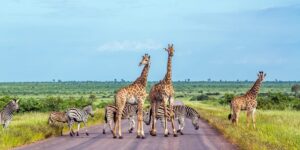
Chikungunya: What Travellers Need to Know About the Disease and Vaccines
As global travel increases, so too does the risk of encountering mosquito-borne infections like Chikungunya. Here's what you need to know about current outbreaks, how the disease spreads, and the vaccines available to help protect you.
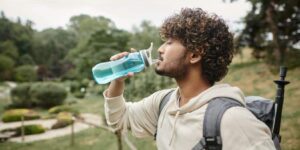
Water Hygiene While Travelling: What You Need to Know
Get the facts straight: Common myths about water hygiene while travelling debunked here.
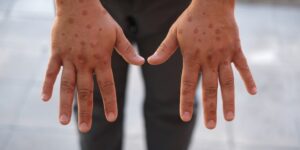
Mpox- How dangerous is it?
With the recent WHO announcement regarding the outbreak of Mpox in Africa there has been a concern of its transmission to other countries.
For the latest government travel advice
For anyone planning to travel abroad we recommend visiting the following government website for all the latest travel guidance and advice.
Travel health enquiries
For all travel health enquiries, simply contact us below.
